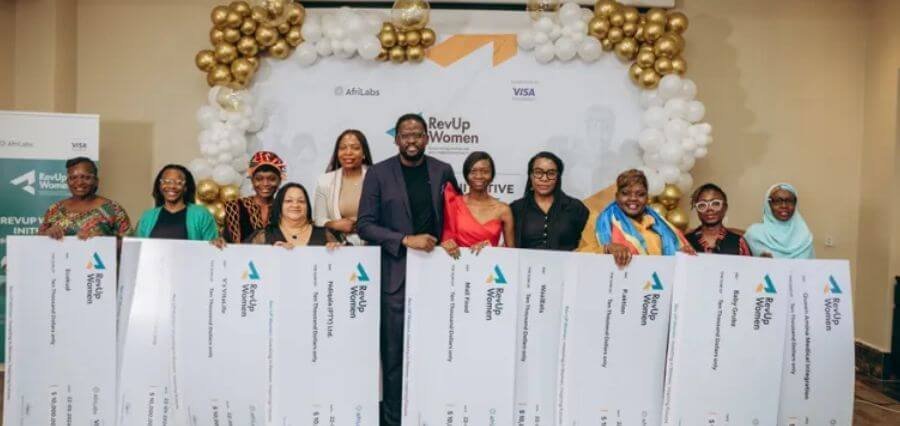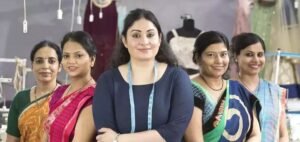At the company presentation that concluded the RevUp Women Initiative’s inaugural program, ten female African entrepreneurs received grant funds totalling US$100,000.
The project called RevUp Women aims to encourage female entrepreneurs throughout Africa. RevUp Women gives women the resources, training, and mentorship they need to launch and expand profitable enterprises that promote gender equality and economic progress.
The business showcase, which was organized by AfriLabs and the Visa Foundation, included an awards event where the top 10 finalists chosen after a rigorous screening process were declared winners and given grants totalling US$10,000.
They were WaziEats and V’s VitaLife from Cameroon, Baby Grubz and Queen Amina Medical Integration from Nigeria, Ecokud and Ziada from Kenya, Mali Food and P.aktion from the Democratic Republic of the Congo, and Ndiqala from South Africa.
“Investing in women isn’t just a moral imperative; it’s a strategic decision with far-reaching economic benefits. As we strive for inclusive growth, it’s imperative that we recognise and harness the potential of women as drivers of economic development,” said Nanko Madu, director of programmes at AfriLabs.
The last three decades have seen a drive for women’s empowerment and gender equality, which has resulted in the rise of female entrepreneurs and female-led enterprises across the continent. According to World Bank research, women account for 58% of self-employed people in Africa and are more likely than males to start their own businesses. According to the MasterCard Index of Women Entrepreneurs (MIWE) 2021, Sub-Saharan Africa has the largest percentage of female entrepreneurs worldwide, at 26 percent.
Nevertheless, data from the AfriLabs Needs Assessment report and the Briter Bridges Innovation Ecosystem Report show that women-led businesses in Africa still confront particular difficulties that cause them to perform worse than men-led businesses. The difficulties include a wide range of areas, from social ones like defying social norms, creating a support system, managing job and family obligations, and overcoming failure-related anxiety, to business-related ones like restricted access to networks, markets, finances, and technology.




